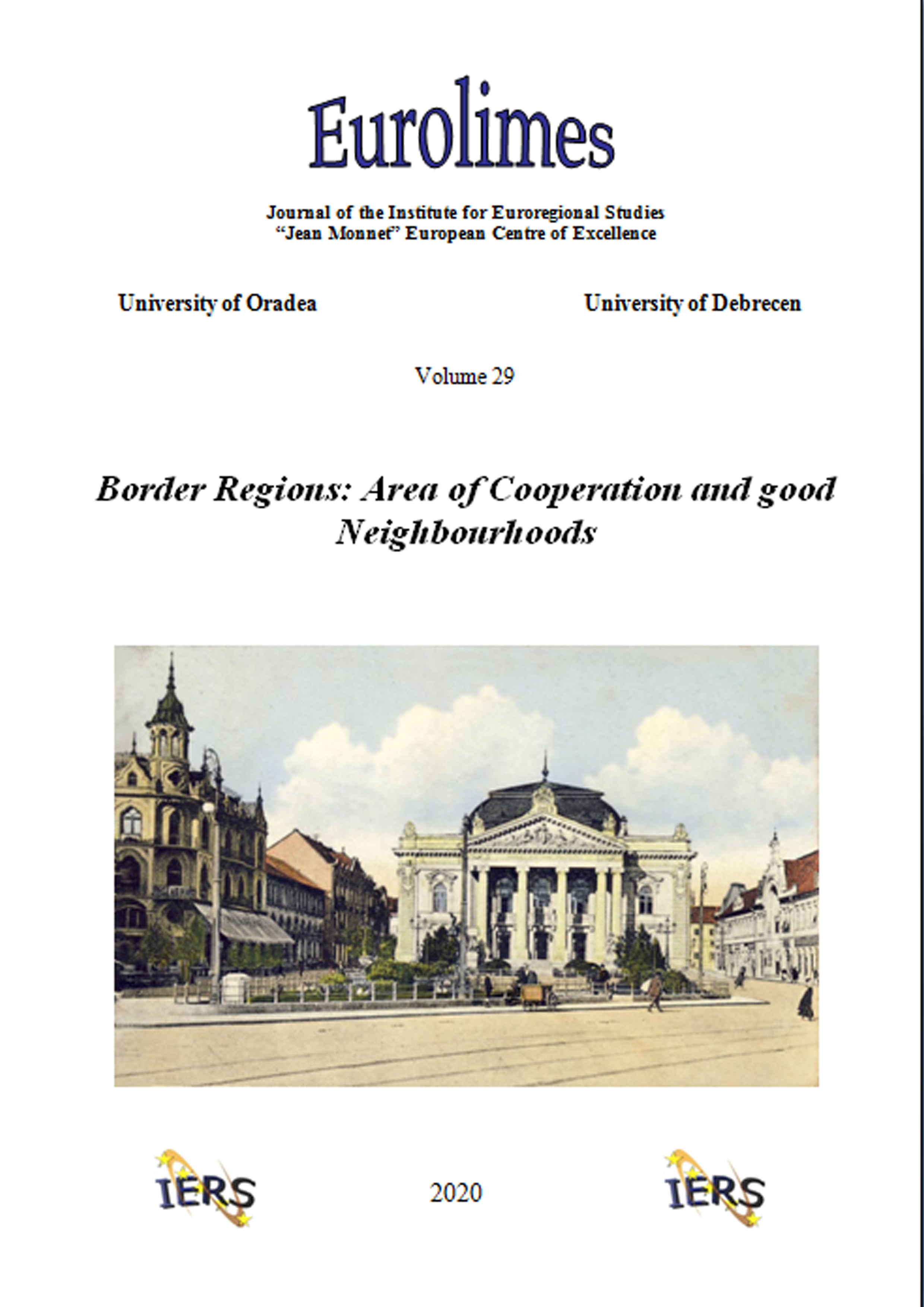The Political Psychologies of “Eastern” and “Western” Europe: Insights from Ontological Security
The Political Psychologies of “Eastern” and “Western” Europe: Insights from Ontological Security
Author(s): Loretta C. SălăjanSubject(s): Politics / Political Sciences, Politics, Social Sciences, Political Theory, Political Sciences
Published by: Editura Universitatii din Oradea
Keywords: ontological security; memory; trauma; Eastern; Western; post-communism;
Summary/Abstract: The refugee crisis has highlighted an attitude gap between “Western” and “Eastern” EU members, which led to post-communist states being accused of not aligning with EU values. This article analyses the relationship between ontological security, memory and trauma, to explain why Eastern and Western Europe operate on contrasting political psychologies. For Western Europe, the painful experiences of World War II sparked the inception of the European Community, which was based on a series of self-narratives. The member states shared a violent past that could only be overcome through interdependence, so that the atrocities of the Holocaust would never again be committed. These self-narratives were an intrinsic component of the EU‟s ontological security and sole version of history, until the much later integrated post-communist states began contesting them. By contrast, Eastern Europe did not have the opportunity to cope with trauma at the end of World War II. These memories were suppressed under totalitarian regimes supported by the Soviet Union, who implemented certain interpretations about the past. When democracy was restored in 1989, Eastern Europe had a long and difficult journey ahead to peel back the layers of trauma due to war and communism. Once Eastern European states were admitted into the EU, alternative memories about the war and post-war era resurfaced and questioned the hegemonic narratives promoted by Western Europe. Eastern Europe‟s different vision of the past needed to be heard and officially acknowledged, in order for healing and reconciliation to commence at EU level.
Journal: Eurolimes
- Issue Year: 29/2020
- Issue No: 29
- Page Range: 65-78
- Page Count: 13
- Language: English
- Content File-PDF

